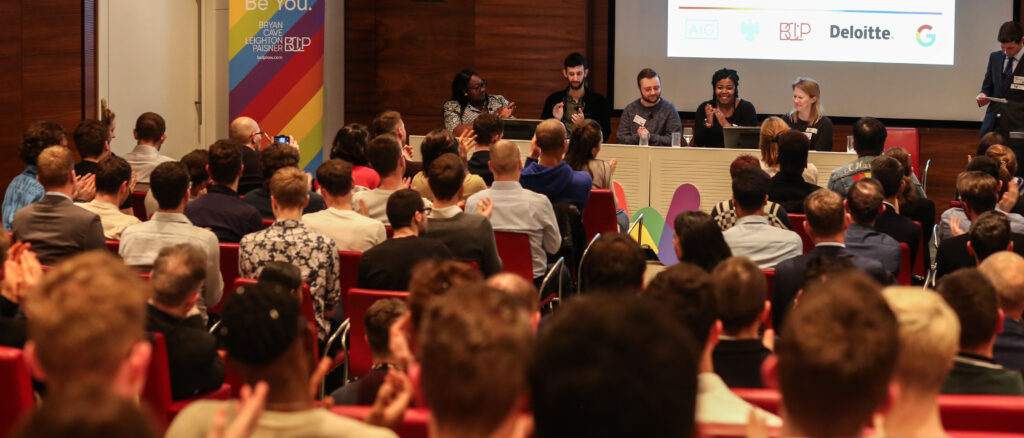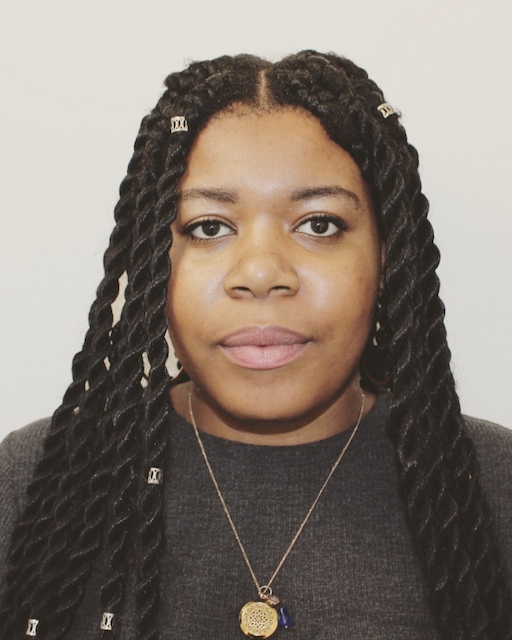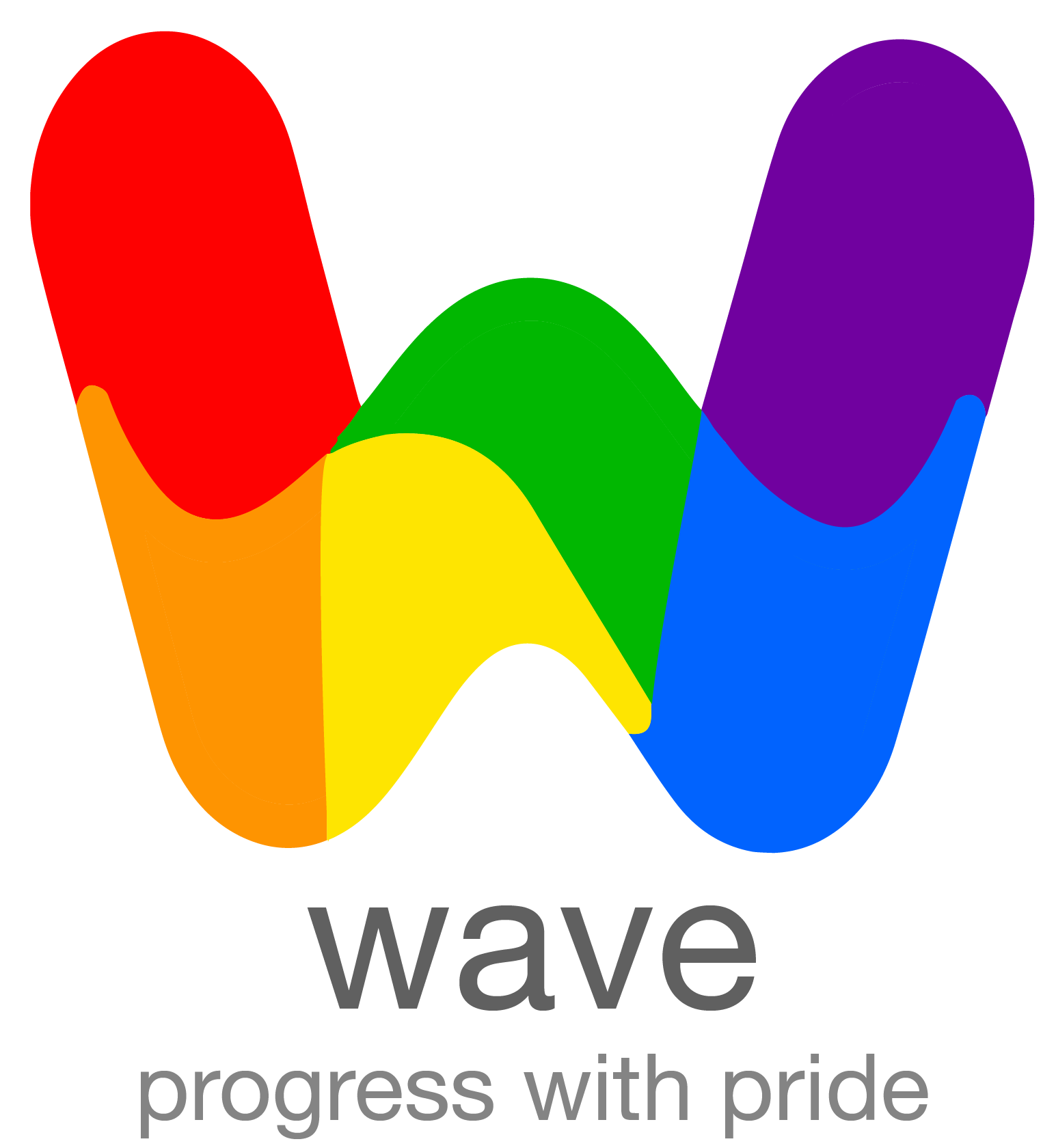
From left to right: Phyll Opoku-Gyimah, Josh Cole, Luke Williams, Sanisha Wynter and Kim Sanders
16th February 2020
Following on from our launch event LGBT+ in the media: changing perceptions? we caught up with Sanisha Wynter to hear her thoughts on some of the questions that we weren’t able to cover during the panel discussion.
Sanisha Wynter

Sanisha Wynter is a Race Equity and Inclusion Advisor at the National Union of Students (NUS), she leads on a number of projects to create race equity in the student movement. Sanisha is passionate about looking at diversity through an intersectional lens, recognising that multiple identities are valid and is committed to challenging diversity issues. Sanisha identifies as a black bisexual cis woman and is commitment to raising awareness about mental health.
Wave is set up as a junior LGBT+ organisation; most organisations lack enough senior LGBT+ individuals, how do we get more junior LGBT+ individuals to progress?
To get more junior LGBT+ individuals to progress, it is important to know the data within your organisation. This data helps you to track the career trajectory for LGBT+ individuals, identify potential barriers and create recommendations.
Once the data highlights the lack of junior LGBT individuals in senior positions, it is imperative to act on the findings by offering an enhanced offer for junior LGBT staff to progress through mentoring, sponsorship or learning and development.
It is also important to ensure that LGBT+ people are supported by their colleagues, line managers and senior management by ensuring allies receive specific diversity training so they have a good understanding of key issues faced by LGBT+ in the workplace and can advocate on behalf of junior LGBT+ individuals.
LGBT+ staff should also be encouraged to progress through volunteering with their LGBT network or taking up other opportunities. As volunteering can provide transferable skills, build networks and experience.
What’s the desired outcome for getting LGBT+ representation in the media? Is achieving tolerance more important than having gay portray gay? How do we get there?
The desired outcome for LGBT+ representation in the media is to have authentic, fair and diverse representation. Achieving tolerance is just as important as providing opportunities for LGBT+ people in the media.
We can get there by diversifying senior decision-making boards, working with LGBT+ people to ensure media representation is fair, authentic and diverse.
Aren’t we taking this all a bit far? Isn’t it sufficient to live in a tolerant society? Why do we need every niche to be represented in the media?
I do not believe we have taken this far enough, in my opinion we do not already live in a tolerant society. If we did LGBT+ graduates would not go back into the closet at work due to fear. Trans people would not have the validity of their existence questioned in the media. BAME and LGBT+ people would not face Racism in LGBT+ spaces. I think society can seem tolerant depending on how you identify, your race, your gender and your ability. There are several systemic and institutional barriers that negate tolerance.
It is not just about every niche being represented in the media, although I believe this is important for audiences to see themselves portrayed in a positive, fair and authentic way. As a young Black bi woman with a severe mental illness, it is difficult to identify myself with anyone positively in the media, which at times has impacted my self-image and confidence. I believe you cannot be, what you cannot see. It is important to challenge the narrative of what LGBT+ people look like or act like to contradict stereotypes.
Until all LGBT+ people are able to access, contribute and feel accepted by all areas of society, at all levels, there is still so much more to do.
